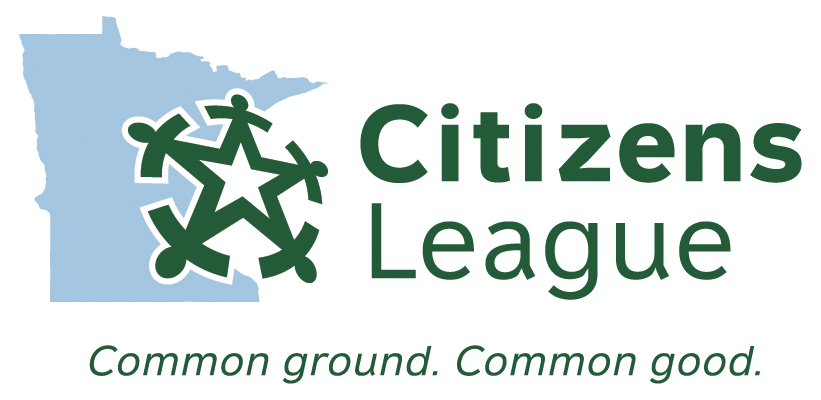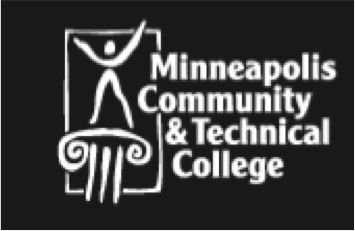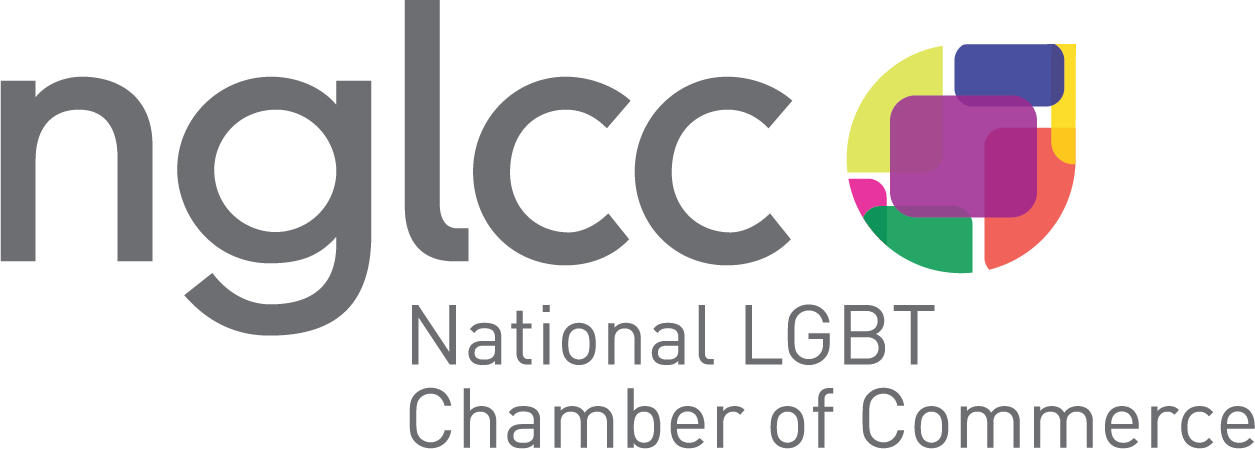Dolan is passionate about empowering LGBTQIA+ students through providing support, mentorship, and counterspace for them to grow and reflect. They have been working in the Resource Center for Sexual & Gender Diversity at UCSB this past year after 3 years doing LGBTQIA+ advocacy work at Washington University in St. Louis. They have a Master’s in Education from the University of Vermont and did their undergraduate work at Lehigh University in Pennsylvania. Dolan also serves as the Trans & Genderqueer (TGQ) Chair on the executive board of the Consortium of LGBT Resource Professionals in Higher Education. Dolan believes in de-centering dominance and know that racial justice is intrinsic to queer and trans justice, and they think the world of Saby Labor as a mentor and friend.
Dolan shares their insights on the imposter syndrome and how it shows up for them in their daily life as a queer mixed race trans individual. Dolan speaks to centering Critical Race Theory in the daily work of queer and trans liberation in college environments. They share so many great books and resources that you might need to set aside all your leisure reading time this semester just to get through them all. Dolan also uplifts lessons learned in mentorship and maintaining confidence in light of stereotypes that we are not ‘enough’.
Show Highlights:
- Dolan shares a little more about who they are 02:40
- How do you experience imposter syndrome personally and professionally? 04:45
- Which identities are the most salient for you today? 07:02
- Tell us about the work that you are doing today around college inclusion efforts at UCSB 11:38
- On white fragility, privilege and being mixed race 18:24
- Can you share some ways that you have applied Critical Race Theory (CRT) to your practice, that might be helpful to other practitioners on college campuses? 23:19
- On the legal definitions of hate speech, free-speech zones and stolen land 28:14
- Where to start: centering the experience of racialized systems of oppression 31:49
- How did you arrive on this path to centering queer and trans liberation? 33:16
- What attracts and repels students from LGBT centers and the professionals that staff them? 37:13
- Being enough for ourselves and our students 40:28
- Can you share some resources that center the way that you approach your work? 41:44
- What are some of the biggest professional lessons you have learned? 45:59
- Sponsorship versus mentorship, and the corporate arena 49:00
- What guidance can you share with professionals doing equity and inclusion work in today’s higher education environments? 52:54
Notable Quotes:
- Imposter Syndrome “..generally, especially during times of transition, I think imposter syndrome shows up because there’s less trust, less safety psychologically, emotionally, sometimes physically as well, right? To be able to really show up in an authentic way. So, when I think about imposter syndrome, I think about barriers to being able to show up authentically, barriers to being able to achieve at your capacity, and reach your potential, and be able to, yeah have the impact that you see yourself having” 05:44
- Salient Identities “I like to joke that I am an identity straddler” 07:04
- “Like you said earlier, queer justice and racial justice are intrinsically connected, and that there is no way to eradicate homophobia without eradicating racism” 12:25
- “False narratives are being told about what it means to be a colonizer.” 13:33
- Colorblindness Pt 1“This like critique of liberalism, right, and I think about that in such a strong way especiallly following this election, this idea of what a two party system does to us and how it polarizes us but then also how 13:45
- Colorblindness Pt 2 “.. there were so many people who saw themselves aligned with the work that we did for queer justice, and still said that they were colorblind, right? And I’m sitting here going, that’s not the work, right? We have to be conscious of identity when we’re talking about this and colorblindness really only serves white people, right?” 14:02
- Empathy “Empathy is a fallacy when it comes to being a tool of liberation.” 14:32
- “This idea of, you know, just keep talking back at bad or hate speech, right? This idea that you can change someone’s mind or you can win over someone’s heart with empathy–and it’s just not going to liberate us.” 15:17
- Racism, we have arrived “For some reason folks are at a place where they’re saying they’ve arrived when it comes to racism, you know, we’re post-racial–quote/unquote–which is a very harmful dynamic. And at the same time they’re like, but we have things to learn about our trans students.” 16:22
- “I think any time we think we’ve arrived when it comes to racism ending, right? That’s really just the racism talking” 16:43
- “We have white supremacy here in our bodies.” 20:46
- Critical Race Theory in practice “We have to recognize that the only way to do this work sometimes is to be political, because it’s become political. And that was a tactic of white supremacy, of the alt right etc, etc: To silence us in the work. And so, if we’re too afraid to be political in the work then we’re not going to be able to engage the work at all. Because they’re drawing those boundaries really tightly around us, and we’ve gotta be unafraid and unapologetic to cross that line when we have to ” 25:27
- “And recognizing that sometimes our work is to agitate, right? Agitate these systems that.. These systems weren’t built for queer and trans people of color and other people with outlying identities to succeed, right? I mean, we need to know our history” 25:59
- “How do we shift the narrative to serve these students, instead of trying to fit them into a dominant narrative?” 26:19
- “You’re basically asking us to debate for our livelihood and existence” 28:19
- “I think too often the free speech debate ends up centering dominance, centering whiteness, centering people who are like, ‘oh well I should be able to say this, this is a free speech zone.’ But we’re not a values-neutral institution, none of us are, right? And we need to be able to articulate what our values are. What it means to be at UCSB, what it means to be at Wash U, at UVM, whatever institution we’re at, and say this is what it means to be here, this is what it means to be part of our community, right? And here’s who we’re here to protect. This is where our mission is. 29:58
- “When I think about arriving at the work I think a lot about what it means to be of service, and this feels like my way of being of service to others and to connect with others and to connect them with themselves.” 34:17
- “We need to talk about how resilient our communities already are and then figure out a way to kind of reclaim that term, right. From oppressors.” 34:40
- “Feeling queer enough is a really problematic epidemic in our community, right? And being political enough, being radical enough, being gay/queer/trans enough, whatever that looks like, is complicated, right? And we all know it’s self-defined.” 40:28
- Receiving critical feedback “There are gonna be times when you get some really tough feedback. I’ve been there, and it’s really–it’s helpful to be able to take it in, let it sit, make some meaning from it, and then breath through it, right? Let it go.” 47:09
- “No one else is going to tell you you are enough. You are doing enough. You are being enough. And you’re gonna get all these kind of messages that say otherwise, right? And so being able to really ground yourself enough to believe that.. It takes a lot of practice and there are a lot of days I fail at it, but try and remind yourself of how important that is, right? Because otherwise we can lose hope or lose focus really easily. And it’s really hard work! Really exhausting, sometimes damaging work, right?” 48:11
- “Inclusion sounds really great and in my head, in this real conceptual form, it’s not that great, right? It’s kind of a dim word. It’s including marginalized people back into this dominant narrative.” 53:19
- “Look, I don’t want to teach queer people straight leadership.” 53:38
- “Naming dominance is the first step.” 54:19
- “We know that marginalized people, people of color, queer and trans people are resilient by nature. That’s why they’re still here, right? They are perceptive. We have been able to make it to this point, so I think we have a lot to learn from listening to that instead of trying to, you know, include people in what already exists.” 55:11
- “It’s like, I don’t want to make people of color like, kind of force fit into white structures.” 55:38
Inspirational quote by Audre Lorde: “In becoming forcibly and essentially aware of my morality, and of what I wished and wanted for my life, however short is might be, priorities and omissions became strongly etched in a merciless light, and what I most regretted were my silences. Of what had I EVER been afraid? To question or to speak as I believed could have meant pain, or death. But we all hurt in so many different ways, all the time, and pain will either change or end. Death, on the other hand, is the final silence… I was going to die, if not sooner then later, whether or not I had ever spoken myself. My silences had not protected me. Your silence will not protect you.” (excerpt from “The Transformation of Silence into Language and Action”, 1977) 01:01:10
Links Mentioned:
- Webinar about needs of QTIPOC professionals during a job transition – http://www.lgbtcampus.org/ (must be member to access)
- QTIPOC fiction reading list:
- “The Summer We Got Free” by Mia Mckenzie
- “Juliet Takes a Breath” by Gabby Rivera
- Critical Race Theory: An Introduction (Critical America) 3rd Edition by Richard Delgado (Author), Jean Stefancic (Author), Angela Harris (Foreword)
- “Pedagogy of the Oppressed” by Paulo Freire
- “Teaching to Transgress: Education as the Practice of Freedom (Harvest in Translation)” by bell hooks
- Click here to start your free trial of Audible and download your copy of Dolan’s recommended book for free: “Juliet Takes a Breath” by Gabby Rivera
- Connect with Dolan on the following platforms:
LinkedIn
Facebook
Twitter
*This post contains affiliate links and I will be compensated if you make a purchase after clicking on my links.
QTIPOC Manifesto

Download this FREE resource for queer, trans, indigenous, people of color








